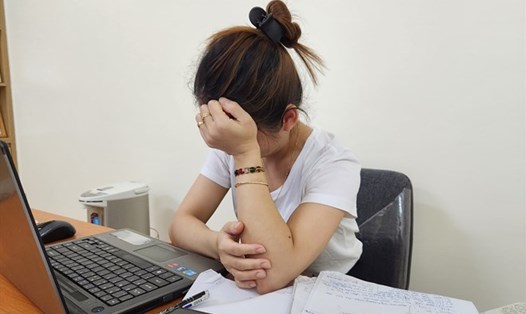What is PTSD?
Post-traumatic stress disorder (PTSD) is a mental health condition that develops after experiencing or witnessing a traumatic event, such as a serious accident, natural disaster, war, assault, or any life-threatening situation. While it is natural to feel anxious or restless after such experiences, PTSD occurs when these feelings do not go away over time and begin to disrupt daily life.
Physical Symptoms of PTSD and Their Daily Impact
“People with PTSD often experience physical symptoms such as headaches, muscle tension and fatigue. These physical manifestations can affect daily functioning, making simple tasks seem overwhelming,” says Dr. Savneet Kaur Bhasin, a mental health therapist in Mumbai, India.
The Link Between PTSD and Chronic Health Problems
A study published in the National Institutes of Health found that people with PTSD are at higher risk of heart disease than those without PTSD, largely due to long-term exposure to stress hormones like cortisol.
“The stress caused by PTSD leads to higher levels of cortisol and other stress hormones, which over time can negatively affect the heart and disrupt blood sugar,” says Dr. Bhasin.
The Impact of PTSD on the Immune System
“Chronic stress from PTSD can weaken the immune system, making an individual more susceptible to infection,” says Dr. Bhasin. Additionally, prolonged stress suppresses the body’s natural defenses, making the body more susceptible to illness.
Sleep disorders and physical health
Sleep disturbances are a hallmark of PTSD, with sufferers often experiencing insomnia, nightmares, and restlessness. Poor sleep quality not only contributes to mental exhaustion but also exacerbates physical health problems.
“Lack of quality sleep not only leads to exhaustion, but also increases the risk of heart disease, weakens the immune system, and can exacerbate mental health symptoms,” notes Dr. Bhasin.
Inflammation
According to Dr. Bhasin, the chronic stress of PTSD can also cause inflammation, which can lead to conditions like arthritis and heart disease. Increased inflammation can put people at higher risk for cancer and autoimmune disorders.
Strategies for Managing the Physical Symptoms of PTSD
Combining lifestyle changes and relaxation techniques can significantly reduce symptoms.
Mindfulness and relaxation: Techniques like yoga, meditation, and deep breathing help calm the nervous system.
Exercise regularly: Physical activity helps reduce stress and improve physical health.
Healthy diet: A diet rich in nutrients can support the immune system and reduce inflammation.
Social support: Connecting with loved ones or joining support groups helps reduce feelings of isolation and form healthier habits.








